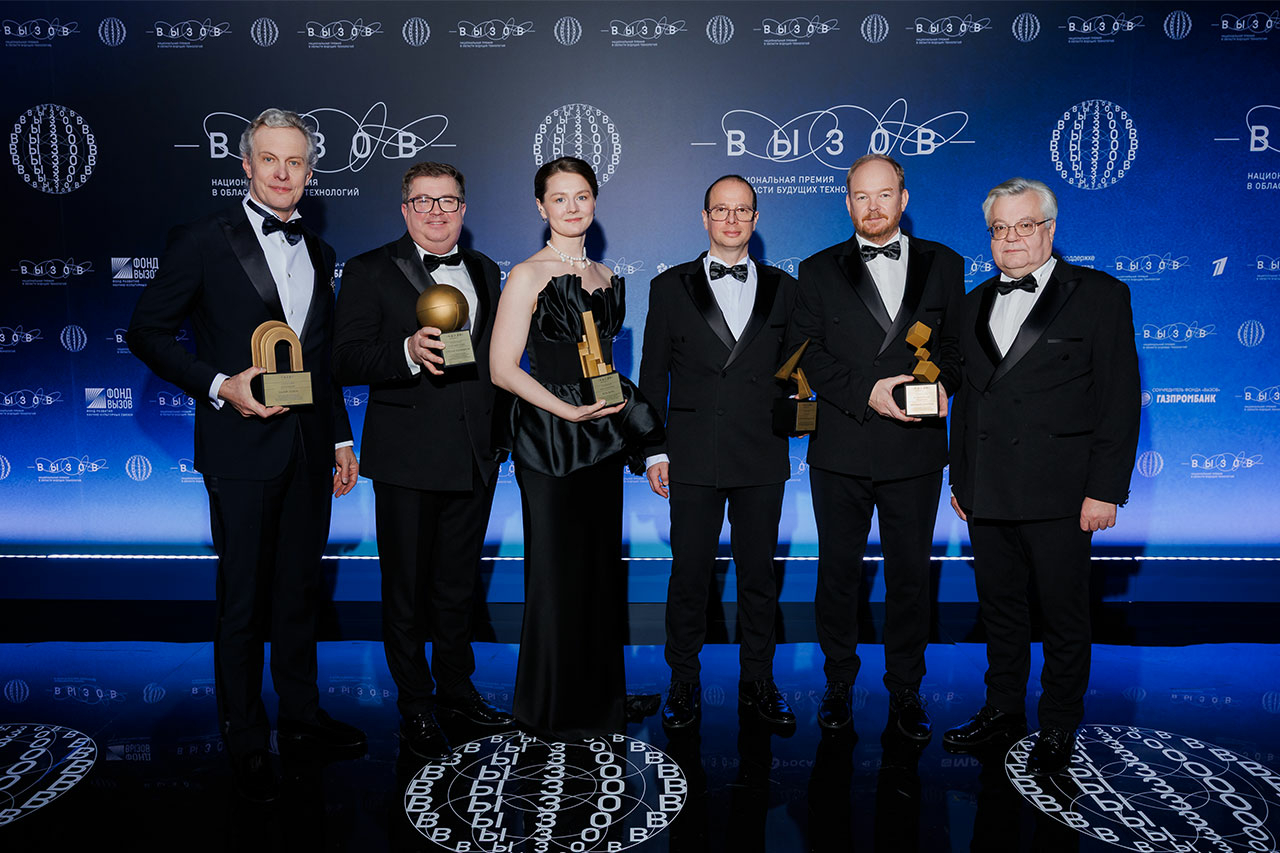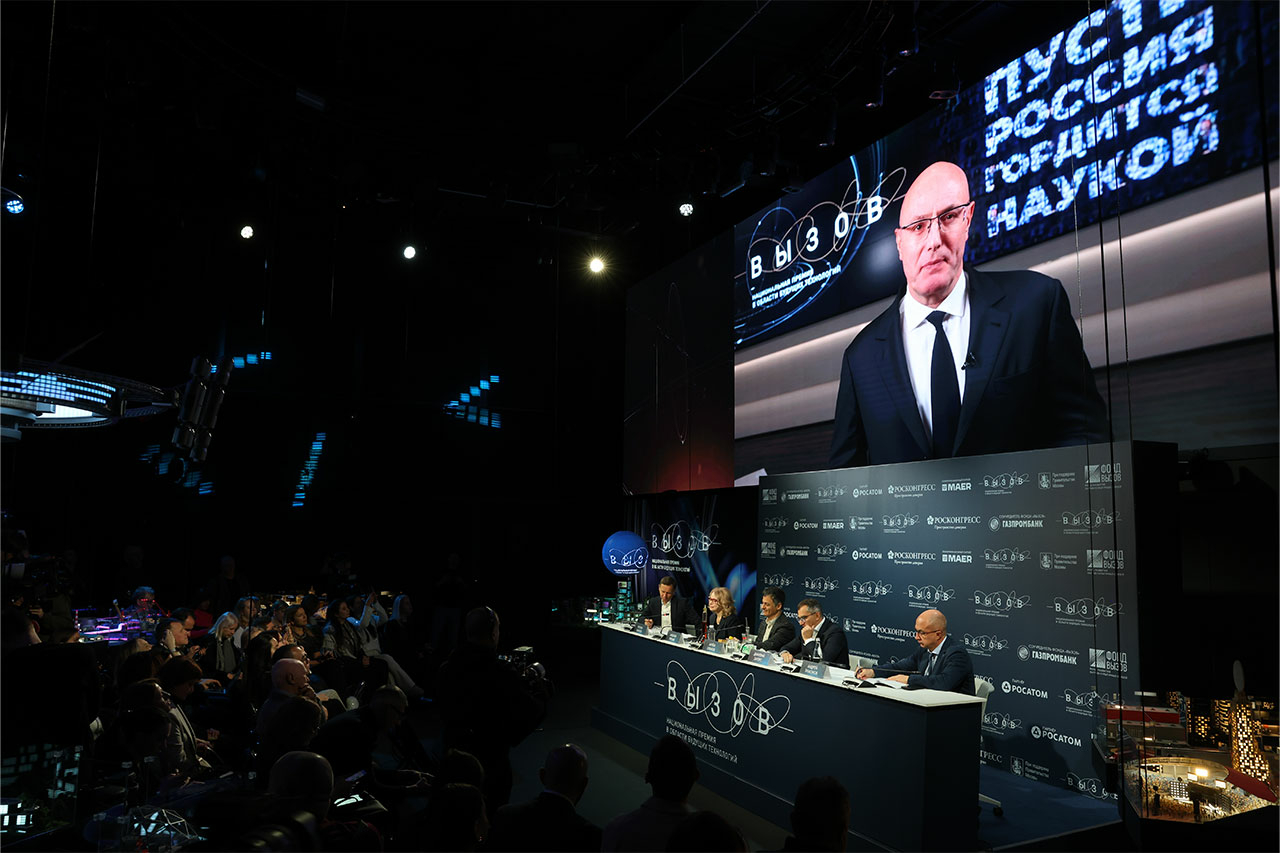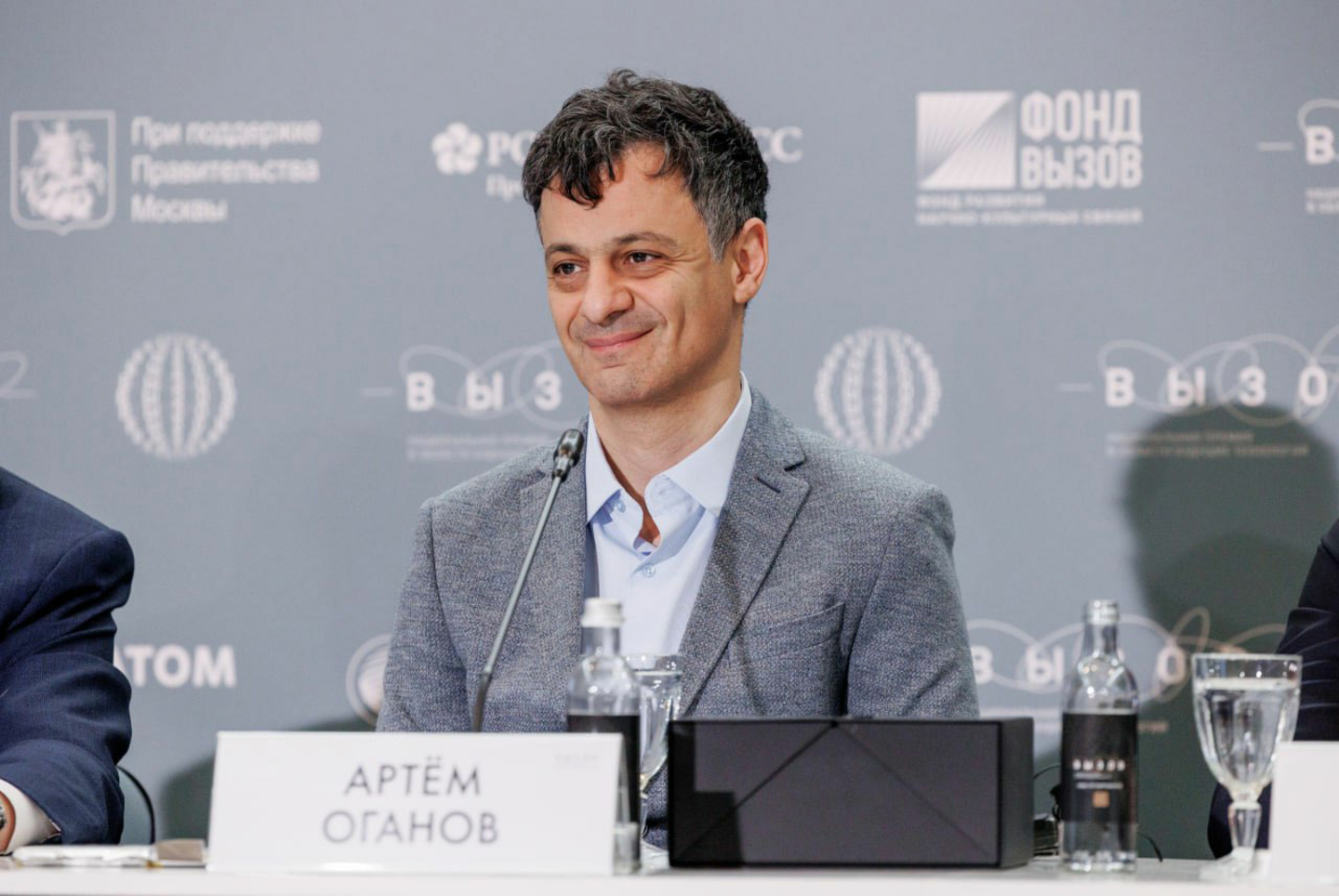News 21.02.2025
Scientific Challenge: Turning Scientists into Heroes of Our Time
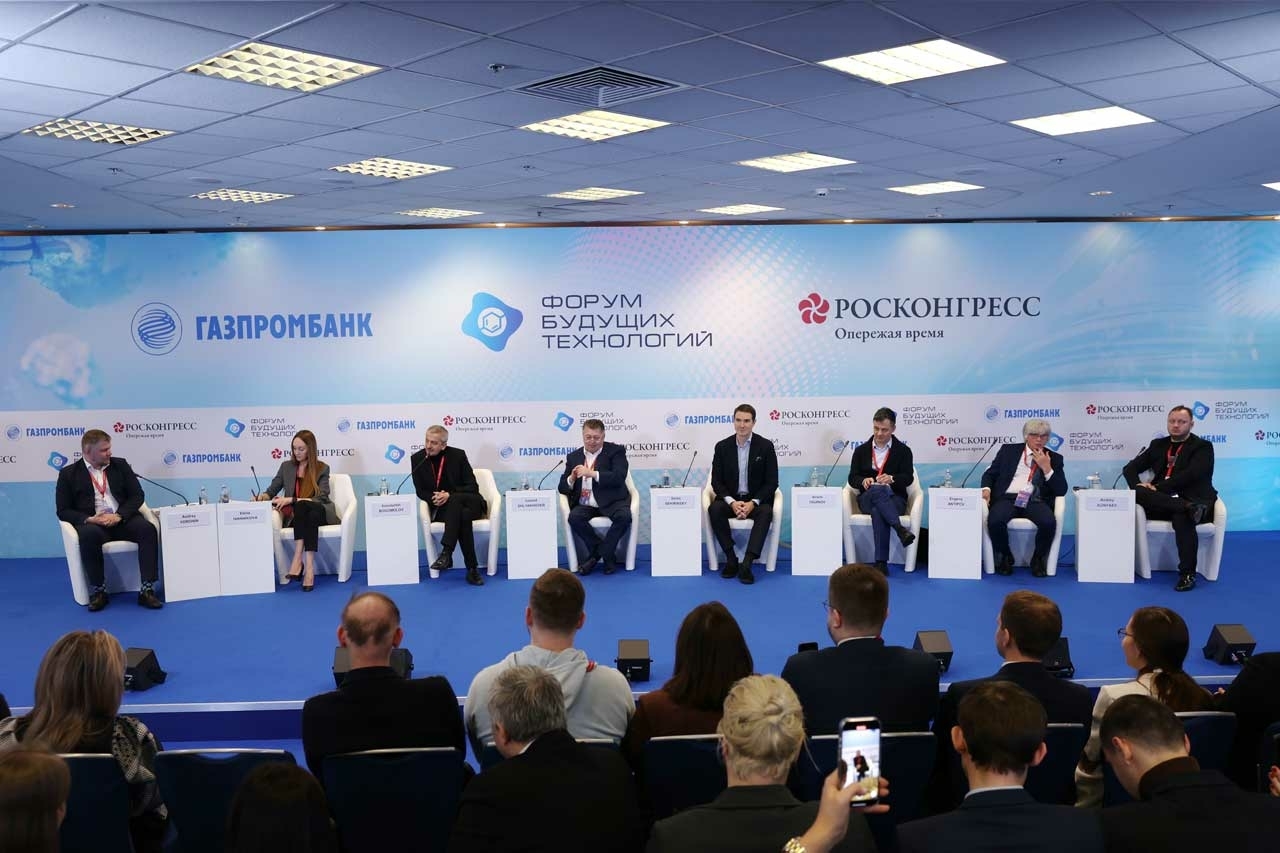
Photobank of the Vyzov Foundation
On February 21, the Future Technologies Forum held a session hosted by the Vyzov Foundation for the Development of Scientific and Cultural Relations. The participants discussed unconventional approaches to popularizing science and drawing attention to scientific achievements. The session was moderated by Andrey Voronin, Vice-Rector for Academic Affairs at NUST MISIS.
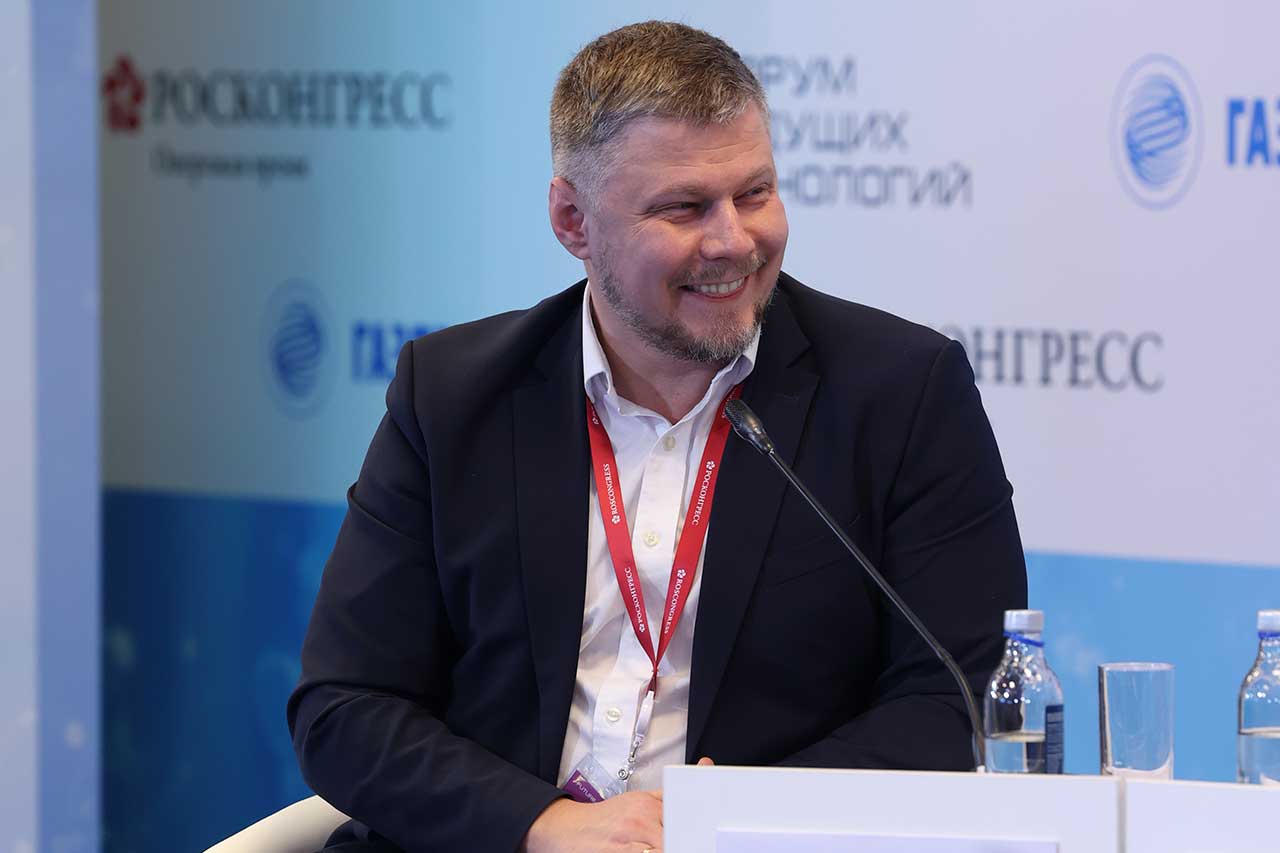
Photobank of the Vyzov Foundation
Elena Ivannikova, Head of the Department of Presidential Directorate for Science and Education Policy, noted that one can become a hero by achieving outstanding results, withstanding competition, and showing perseverance. On the other hand, support from society by recognizing the accomplishments of these heroes of science is also crucial. Projects and initiatives implemented within the framework of the Decade of Science and Technology are designed to achieve this goal. The updated Strategy and Presidential Decree on scientific and technological development can serve as guidelines for celebrating the achievements of scientists. "We have every reason to anticipate that in the near future, new heroes of science will join our current heroes with their unique and stunning solutions and results," she said.
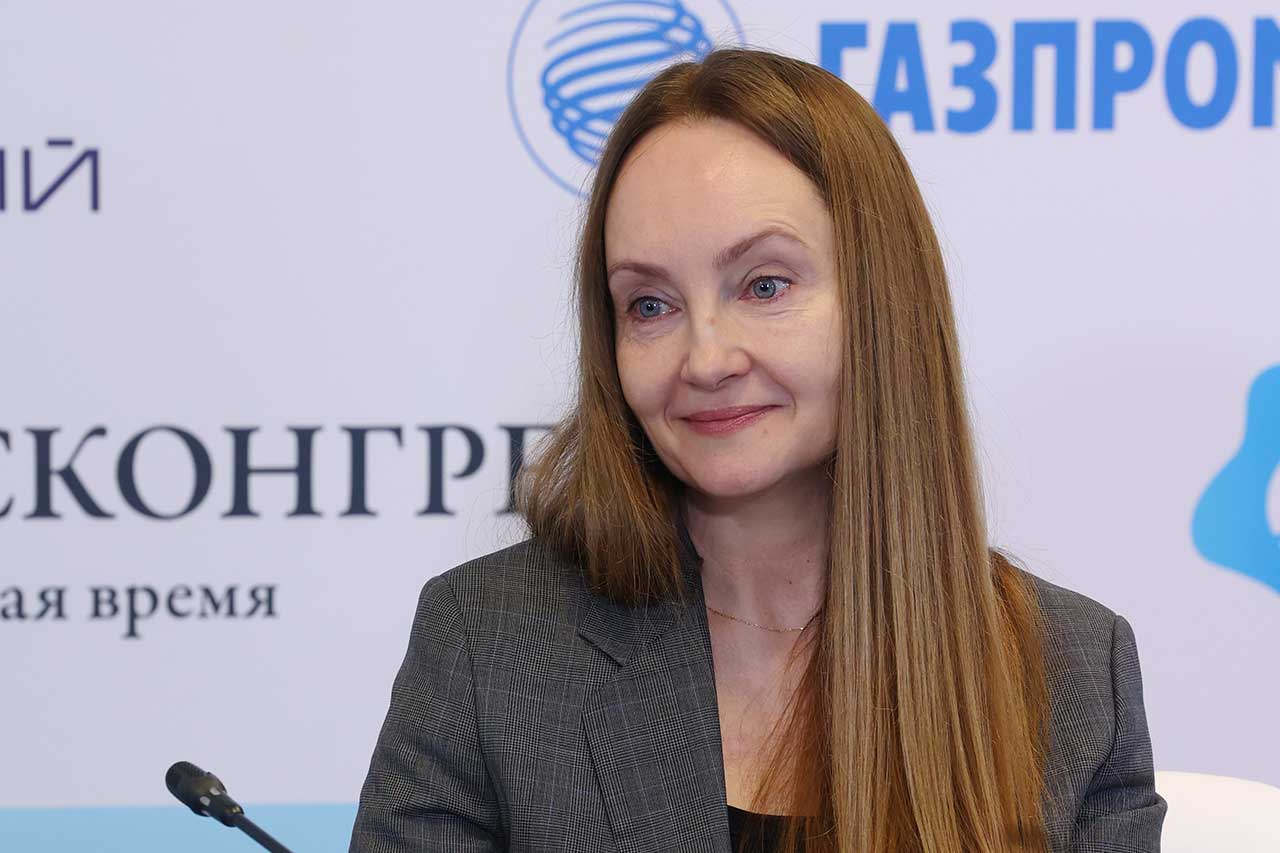
Photobank of the Vyzov Foundation
Leonid Shlyakhover, President of the Vyzov Foundation for the Development of Scientific and Cultural Relations, spoke on the importance of major projects at the intersection of science and art for promoting scientists and their achievements: "In order to turn scientists into the heroes of our time, to see scientific discoveries debated on TV shows and social media, and talked about at social gatherings, we need to make science a hot topic, to create a buzz around it. We can achieve this by becoming omnipresent, by finding our way into theater, television, magazines, billboards, business forums, and youth platforms. Scale matters. Without large-scale initiatives, it is impossible to reach mainstream audience. This is why the Awards Ceremony for the VYZOV Prize is held at Moscow Manege, at the very heart of Russia's capital. The names and faces of award winners appear on huge multimedia screens and billboards all over Moscow and other Russian cities."
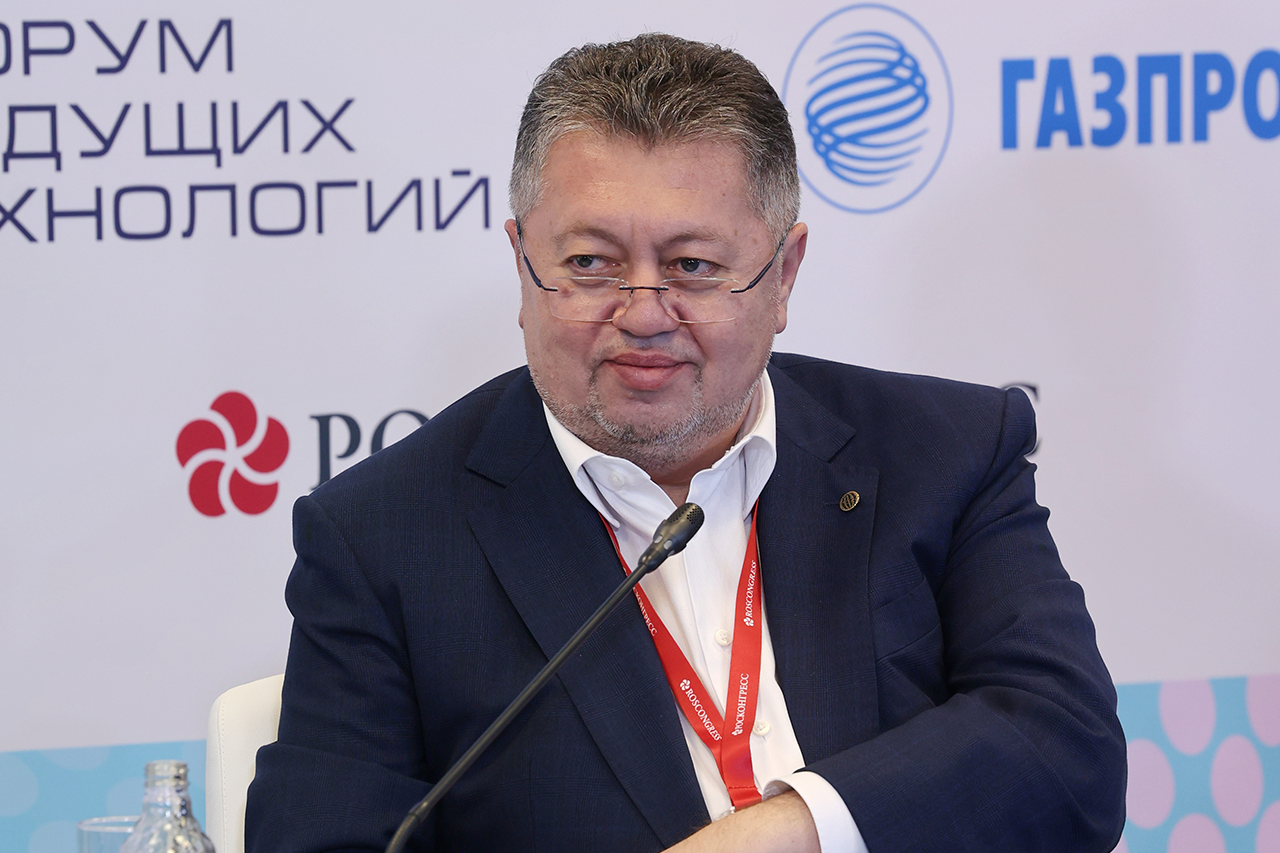
Photobank of the Vyzov Foundation
Konstantin Bogomolov, Art Director of the Bronnaya Theater and Director of the VYZOV Prize Awards Ceremony, discussed the unique aspects of working on the event that underscores the value of scientists for the country: "The limitless nature of the world of science is what we seek to convey through strong emotions. You can cry with happiness when you see an intellectual breakthrough and witness how a person reaches incredible heights in their intellectual activity. At the VYZOV Prize awards ceremony, we wanted to show this connection between the mind and emotions, between the heart and the brain, that are actually intimately related."
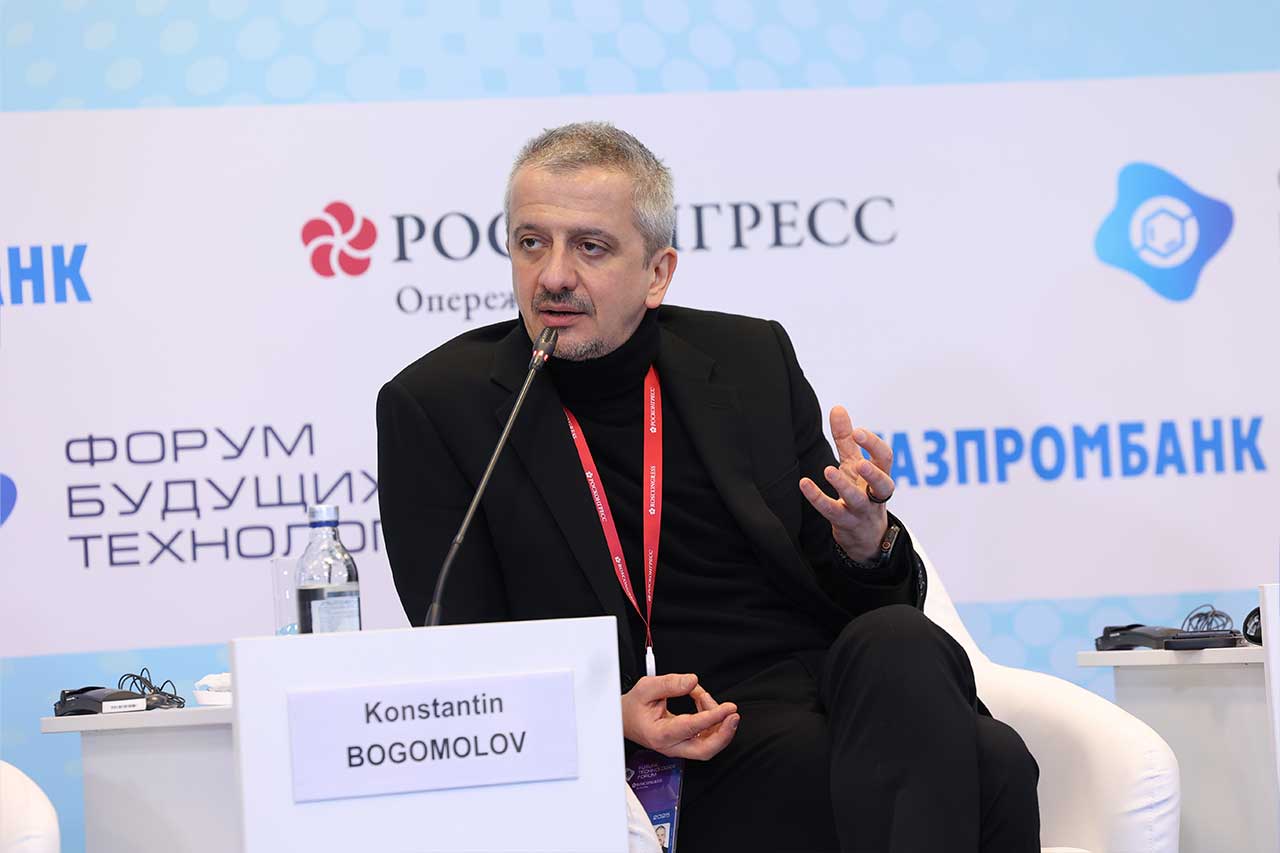
Photobank of the Vyzov Foundation
Denis Sekirinsky, Deputy Minister of Science and Higher Education of the Russian Federation, believes that science needs symbols of an era rather than heroes. He cited the atomic energy and space exploration as examples of such landmarks, as well as prominent scientists such as Igor Kurchatov and Sergei Korolev. "I am convinced that these momentous symbols are already among us, but perhaps we all lack the courage and perseverance to recognize them. We need to take a closer look at what surrounds us, at what is happening in laboratories, at the promising and ambitious projects. Within the framework of the Decade of Science and Technology we are trying to structurize all our communication with the society and the government in order to gain a better understanding of the accomplishments of Russian scientists," he said.
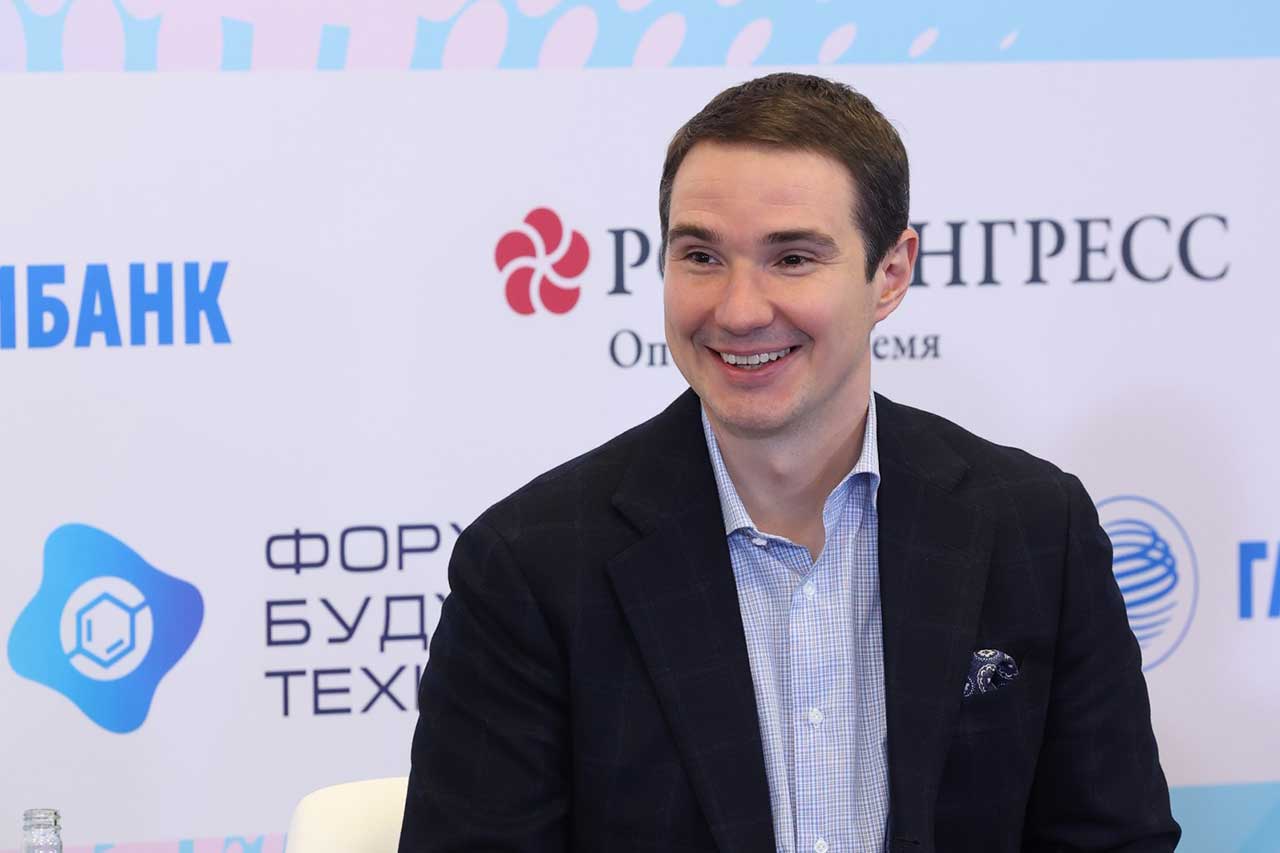
Photobank of the Vyzov Foundation
Artem Oganov, Chairman of the Scientific Committee of the VYZOV National Prize for Future Technologies, a chemist, crystallographer, and science communicator, shared his opinion on the benefits of publicity: "It's nice to be recognized. It gives you an additional feeling that your life has a purpose. This is useful because you can tackle many tasks much more efficiently when you have a good reputation. However, publicity always comes with responsibility, because many people have high hopes on you or even take pride in you. So I often think to myself that I don’t want to let these people down. Publicity is a good thing, you just need to find a good use to it."
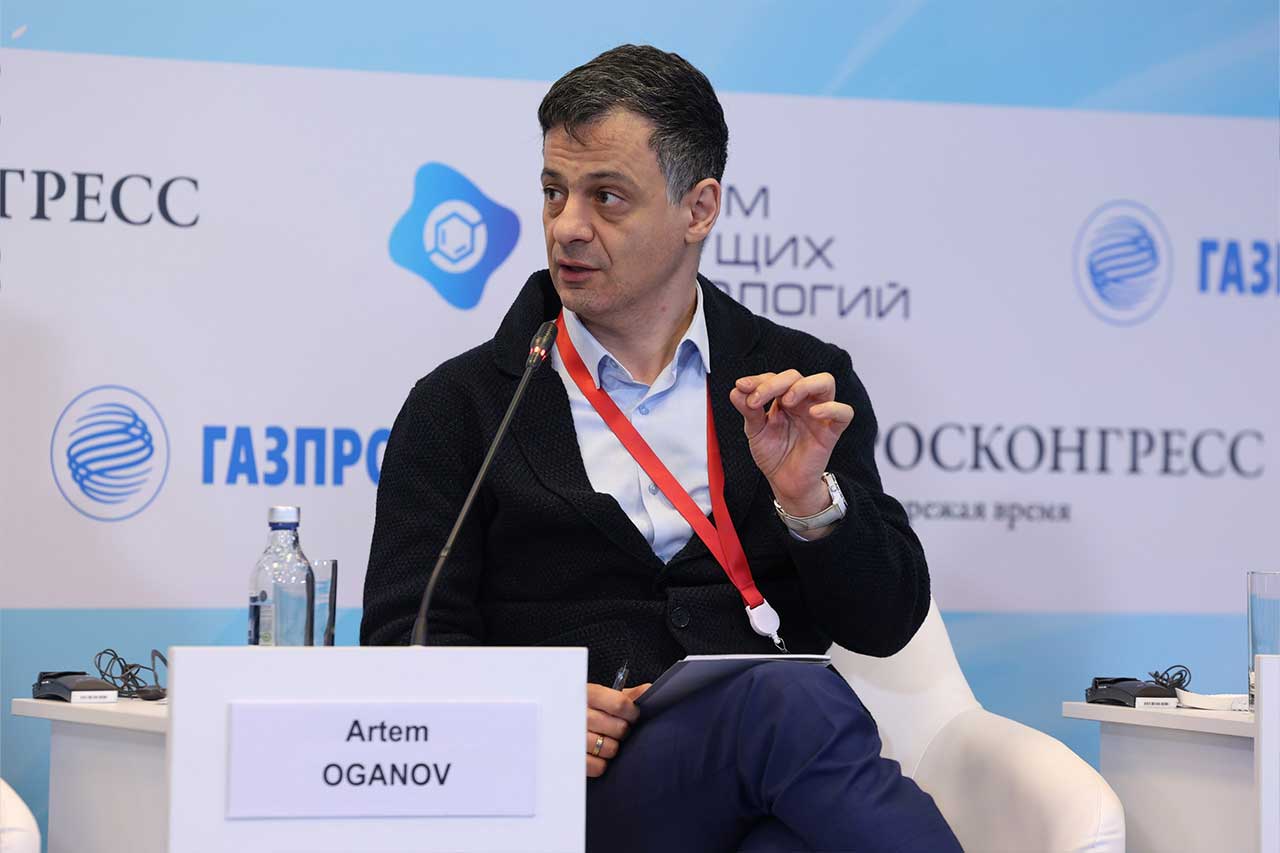
Photobank of the Vyzov Foundation
Evgeny Antipov, laureate of the VYZOV National Prize for Future Technologies, commented on whether he became famous after receiving the award during the ceremony that was broadcast on Channel One: "After the VYZOV Prize Awards Ceremony, I realized that such format attracts a huge audience. Now I sometimes get stopped in the street by complete strangers who are genuinely interested in my discovery. I also think that we need a dedicated museum of Russian science because the achievements of our researchers have greatly contributed to the development of global science. I think it would be appropriate to have such a museum at VDNKh or at another important place for our country."
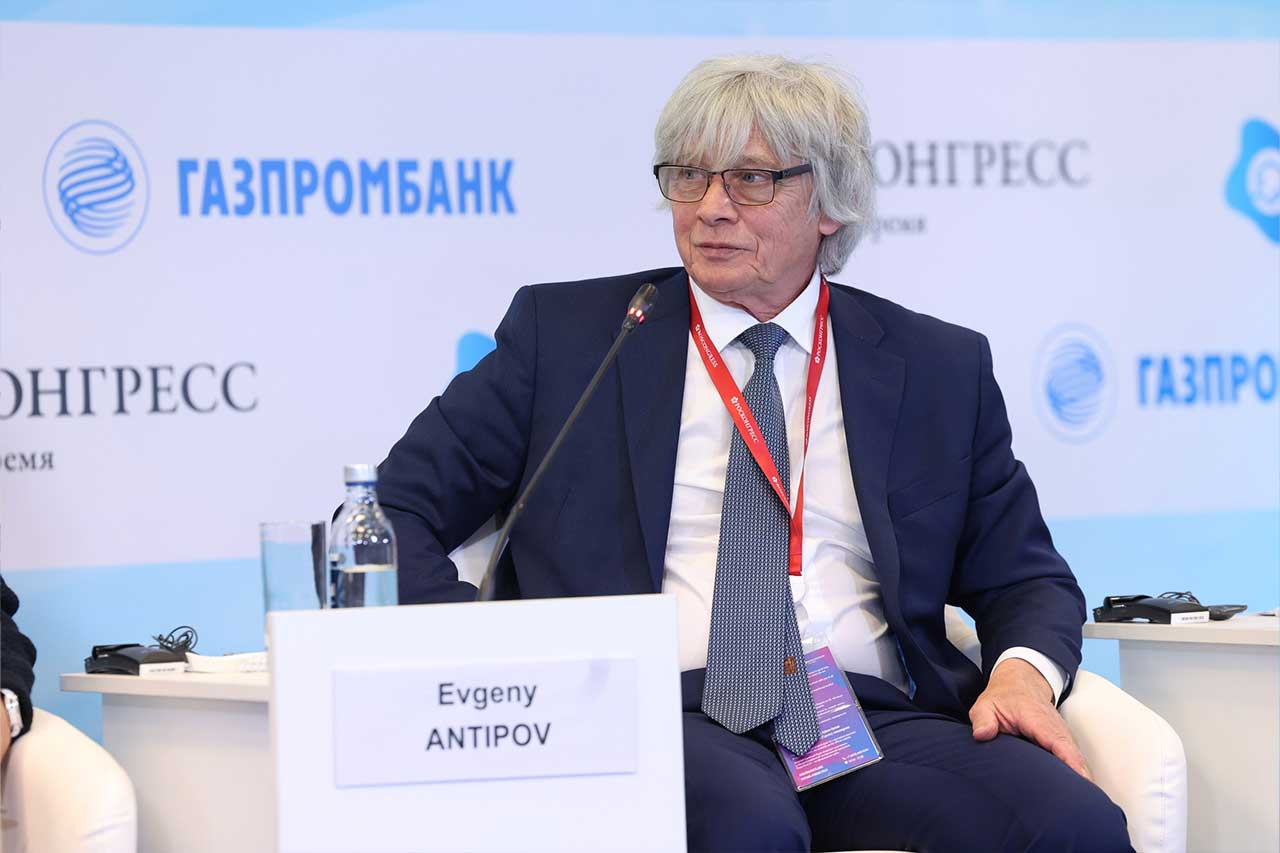
Photobank of the Vyzov Foundation
Andrey Konyaev, member of the Scientific Committee of the VYZOV Prize and publisher of the N + 1 popular science portal, shared his opinion on how to talk about the achievements of scientists in the most memorable way: "The easiest way to promote science is through emotions. If a person's eyes sparkle when they talks about their work, the audience will listen. This is how our brain works. There is no one-size-fits-all approach to popularization because it can pursue different goals. We talk about science and technology to kids, teenagers, and adults, and it is important to find the right approach to each audience."
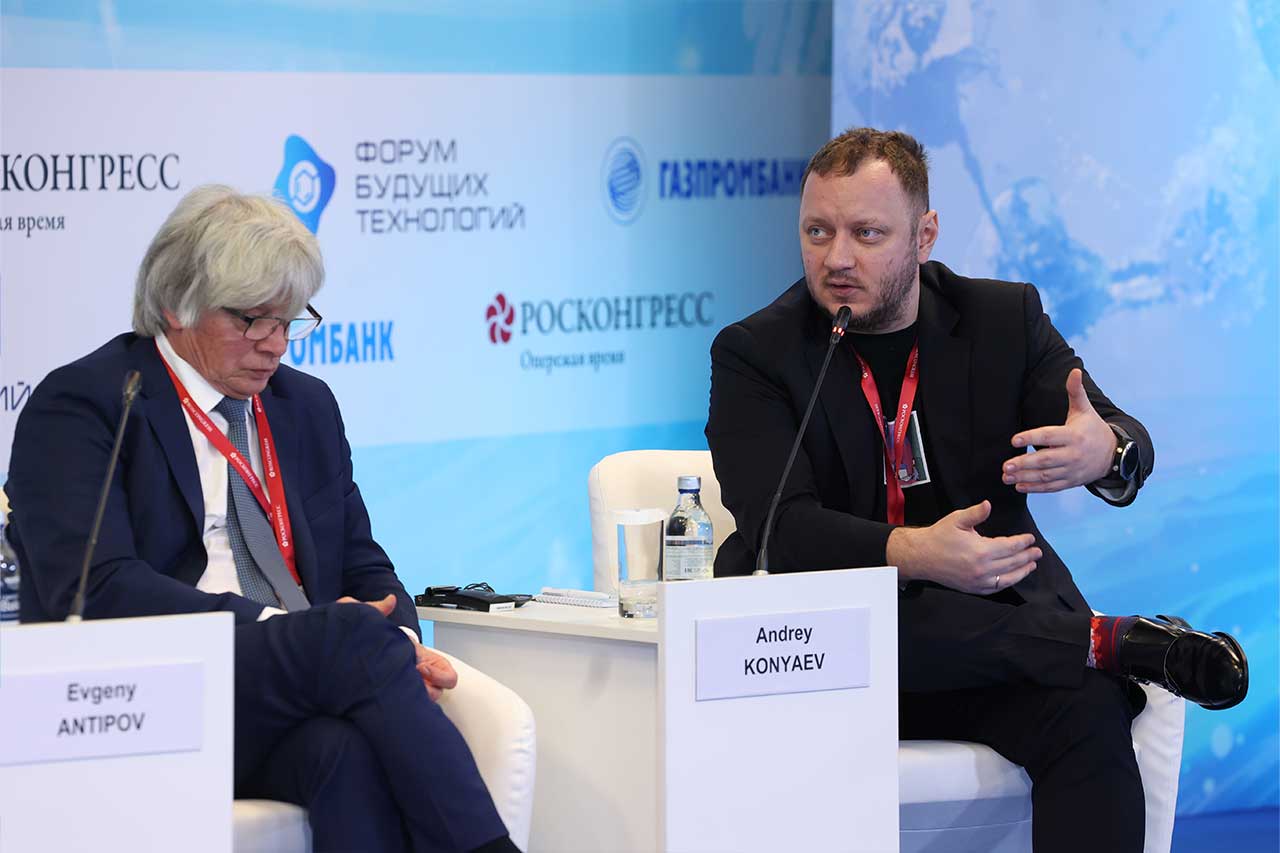
Photobank of the Vyzov Foundation
